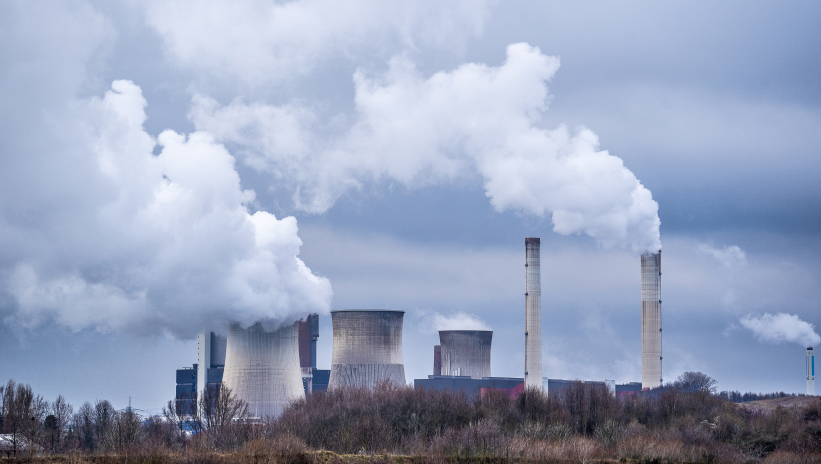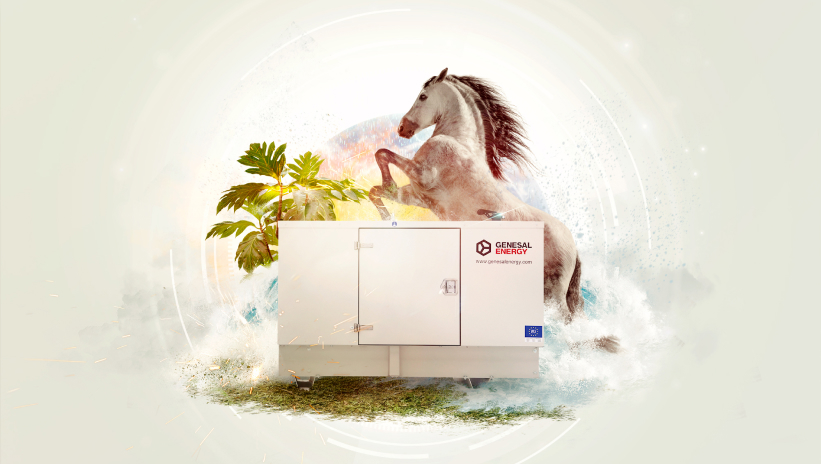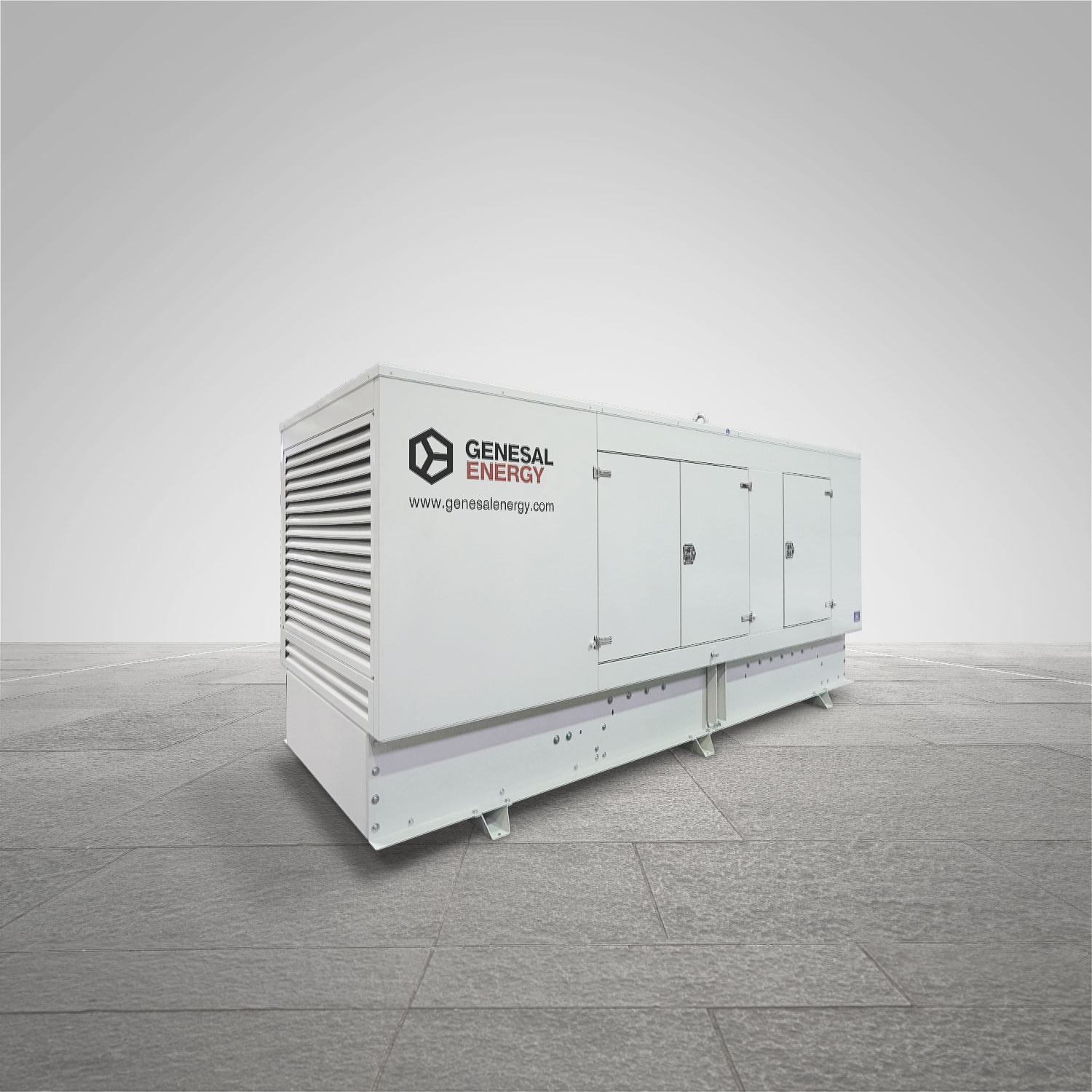Advanced Technologies to Reduce Emissions in Diesel Generators

Reducing emissions in diesel generators has become a top priority in the power generation sector. The intensive use of electrical generators in critical sectors such as data centres, hospitals, infrastructure and industry makes it essential for these units to comply with the strictest emission limits. The combination of new technologies, alternative fuels and increasingly demanding regulations is driving a shift towards cleaner and more sustainable solutions.
Regulations and Emission Standards for Diesel Generators
Each market defines its own emission standard for diesel generators, setting the maximum permissible levels of pollutants in exhaust gases. In Europe, the Stage V standards represent the most advanced requirements, while in other regions equivalent regulations apply to internal combustion engines. These rules directly affect diesel generators, regulating emissions of nitrogen oxides (NOx), carbon monoxide (CO) and particulate matter (PM), among others.
Diesel generators remain the most reliable solution to ensure emergency power supply in critical sectors.
Complying with these regulations is not only a legal obligation but also a commitment to sustainability and a guarantee that generators provide a reliable and environmentally responsible power supply.
Main Pollutants from Diesel Generators and Their Environmental Impact
Diesel engines release several pollutants that affect both air quality and climate change:
- Nitrogen oxides (NOx): contribute to the formation of smog and acid rain.
- Carbon monoxide (CO): a toxic gas resulting from incomplete combustion.
- Particulate matter (PM): microscopic particles that can harm respiratory health.
- Carbon dioxide (CO2): a greenhouse gas and a key driver of anthropogenic climate change; diesel consumption is directly linked to CO2 emissions per litre of fuel burnt in a generator.
Reducing engine emissions is essential to mitigate these effects and secure a cleaner energy future.

Reducing Nitrogen Oxides (NOx) and Particulate Matter
The most innovative technologies focus on cutting NOx and PM emissions, as these are currently the most heavily regulated pollutants. Key solutions include:
- Advanced fuel injection and optimised internal combustion.
- Diesel particulate filters (DPF): capture and remove particulate matter before it is released into the atmosphere.
- Exhaust gas recirculation (EGR) systems: reduce NOx formation during combustion.
These technologies allow a generator to comply with the applicable emission standard without compromising performance.
Using After-treatment Systems to Minimise Emissions
After-treatment systems are a crucial tool for reducing emissions from combustion engines. They incorporate devices that act on exhaust gases after leaving the combustion chamber, minimising pollutants.
The combination of new technologies, alternative fuels and increasingly demanding regulations is driving a shift towards cleaner and more sustainable solutions.
The most common in diesel generators include:
- Oxidation catalysts to reduce CO and hydrocarbons.
- Particulate filters to trap soot.
- Combined technologies to maximise engine efficiency.

How Selective Catalytic Reduction Improves Engine Efficiency
Selective Catalytic Reduction (SCR) is one of the most effective methods to cut NOx emissions. By injecting a urea solution into the exhaust system, nitrogen oxides are transformed into nitrogen and water vapour, both harmless to the environment.
In addition to reducing emissions, SCR optimises combustion, enabling the engine to operate more efficiently with lower fuel consumption, which translates into reduced emissions per litre of diesel consumed.
Alternatives to Diesel: Biofuels and Cleaner Blends
Another way to lower the environmental impact of diesel generators is through the use of biofuels and cleaner fuel blends. HVO (Hydrotreated Vegetable Oil) and biodiesel are options that significantly reduce CO2 emissions while maintaining equipment reliability.
Reducing engine emissions is essential to mitigate these effects and secure a cleaner energy future.
New-generation generators are designed to be compatible with these fuels, facilitating the transition towards more sustainable power generation.
Technology Trends for More Sustainable Generators
Technological evolution in the sector is moving towards greater integration of hybrid solutions, where diesel generators work alongside battery systems or renewable energy sources. This approach helps optimise diesel consumption, reduce engine running hours and therefore lower emissions from diesel engines.

Furthermore, the development of more efficient engines, with advanced electronic control and compliance with the strictest emission limits, ensures that diesel generators remain a reliable solution across a wide range of applications, from 130 kW to much higher capacities.
Conclusion
Diesel generators remain the most reliable solution to ensure emergency power supply in critical sectors. Their essential role has not changed: securing energy continuity when the grid fails. What is evolving is the technology that supports them.
Each market defines its own emission standard for diesel generators, setting the maximum permissible levels of pollutants in exhaust gases.
The incorporation of after-treatment systems, selective catalytic reduction, biofuels and hybrid configurations enables modern generators to meet the most demanding emission standards for diesel generators, minimising pollutants while optimising fuel consumption.
In this way, diesel generators can support the energy transition without relinquishing their fundamental role: providing reliable power where it is most needed.











